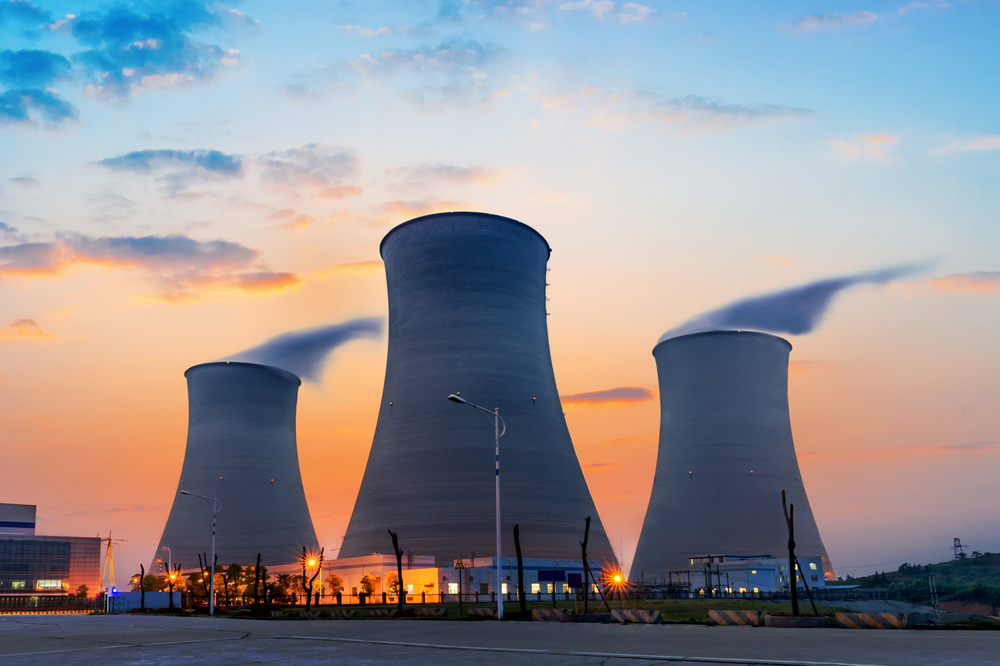Power plants are very prone to cyber attacks, even though most people would like to think differently. To be more precise, there has been a “disruption” at an unnamed nuclear power plant over the past few years. A cyber attack took place at some point, indicating there is a real risk to have these installations taken over by hackers or other criminals. The time to step up the security game is now.
Hacking A Nuclear Power Plant Could Spell Disaster
Similarly to most facilities and services we use today, nuclear power plants are a big target for hackers and internet criminals. Disrupting such a mighty bulwark of energy could cripple a country or economy with relative ease. Moreover, it could also do a lot of harm if hackers were to take control over nuclear power plants around the world.
Unfortunately, such a scenario is not as unrealistic as people might want it to be. According to the head of the International Atomic Energy Agency, a cyber attack disrupted an undisclosed nuclear power plant in recent years. Although details are deliberately vague, this news goes to show that the risk of hackers targeting power plants is not unrealistic.
Thankfully, the nuclear power plant in question was not forced offline during the attack. However, several precautions had to be taken so that the impact of the attack could be somewhat mitigated. The reason for this cyber attack is rather simple, though: most of the devices controlling day-to-day operations of such a nuclear installation can be accessed over the Internet.
Furthermore, the number of potential attack vectors is quite large, as well. This could be a system running an old operating system that was accessed through an online login form. It is also possible that hackers used malware, ransomware, or a DDoS attack against the servers. Without specific details, pinpointing the cause of the problem is difficult at best.
One of the biggest concerns is not knowing how often the energy sector is targeted by hackers and other criminals. There is a severe lack of transparency regarding cyber incidents in the energy sector, and these types of attacks may be far more widespread than anticipated. It is understandable that mass panic would not be advantageous, but hiding the truth from the public is not the best course of action either.
The most obvious solution would be to disconnect all critical infrastructure from the Internet altogether. Other computers could remain connected to the internet, as long as they have no direct link to the core systems themselves. Keeping in mind how the majority of these devices run on outdated software, security protocols have probably not been updated in quite some time. This creates a big bullseye for hackers all over the world to try to break into the system.
If you liked this article, follow us on Twitter @themerklenews and make sure to subscribe to our newsletter to receive the latest bitcoin, cryptocurrency, and technology news.

